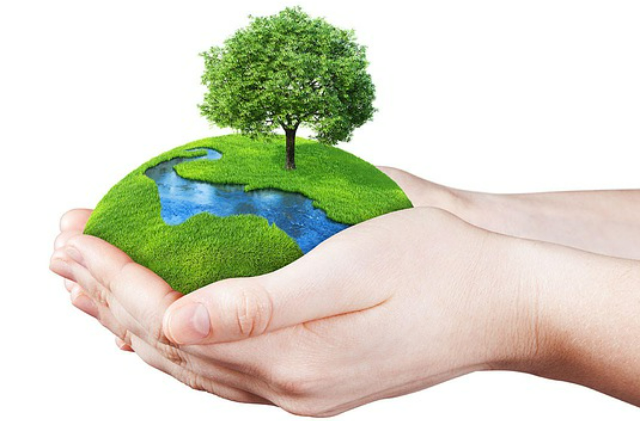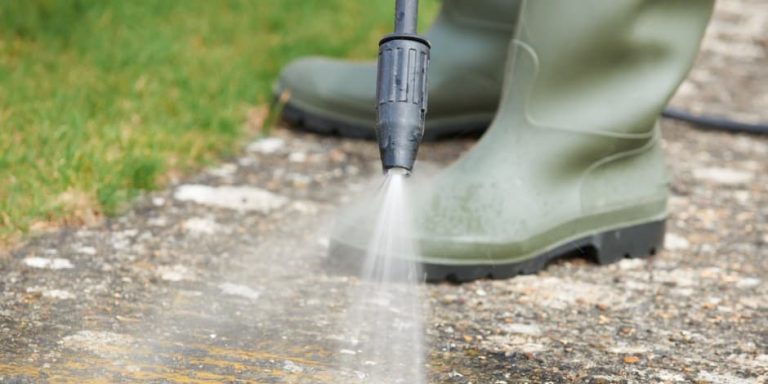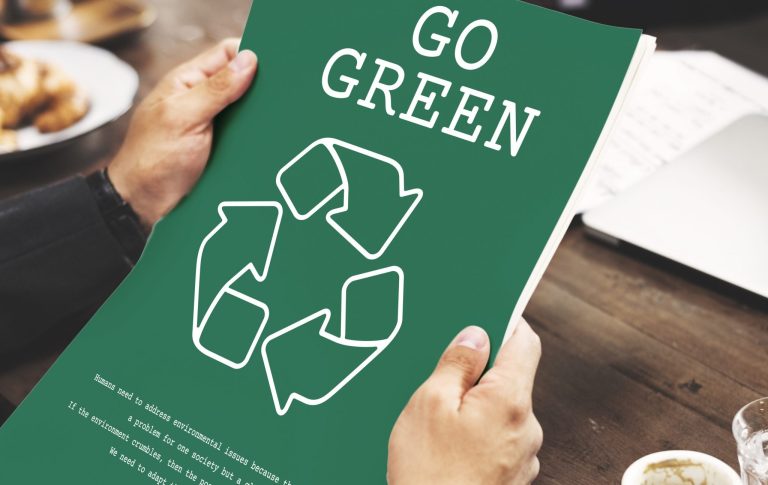
As sustainability becomes a core value for consumers, industries of all types are being called to raise their standards—including power washing. One of the most promising shifts in this space is the emergence of green certifications and eco-labeling for pressure washing businesses. 🧼🌱
Green certification offers contractors and companies a way to prove their commitment to environmental responsibility—while helping customers make cleaner choices.
Let’s explore how green certification works, why it matters, and how it could reshape the future of the power washing industry.
🏆 What Is Green Certification?
A green certification is a credential issued by a regulatory or independent body that confirms a company meets specific sustainability standards. These may include:
- Use of biodegradable or non-toxic cleaners
- Water conservation and runoff containment practices
- Low-emission or electric equipment
- Proper chemical storage and disposal
- Staff training on eco-friendly techniques
Certifications may come from:
- PWNA (Power Washers of North America)
- EPA Safer Choice Program
- Local municipal sustainability boards
- Independent environmental auditors
📈 Why Certification Matters
For consumers:
- It provides confidence that the job will be done responsibly
- It reduces risks of environmental damage to their property
- It supports businesses that share their eco-values
For businesses:
- It’s a competitive edge in a growing green economy
- It attracts higher-end clients, municipalities, and schools
- It encourages staff training and safety compliance
- It reduces liability and risk of violations
🌍 Certification is more than a badge—it’s a business evolution.
🌎 Key Elements of a Green Power Washing Certification Program
To achieve green certification, a power washing company must typically demonstrate excellence in:
1. 🌿 Chemical Safety
- No use of banned substances
- Full disclosure of MSDS sheets
- Use of EPA-registered cleaners
2. 💧 Water Stewardship
- Use of reclaim systems or runoff filtration
- Water use logs or efficiency audits
- Policies for drought zone restrictions
3. ♻️ Equipment and Emissions
- Electric or low-emission machines
- Smart scheduling to reduce travel
- Proper maintenance and fuel tracking
4. 🧠 Employee Training
- Written SOPs for environmental safety
- Regular certification renewals or updates
- Spill prevention and emergency protocols
💡 Case Study: Local Business Goes Green
A small power washing business in Oregon earned green certification by:
- Switching to 100% biodegradable cleaners
- Purchasing an electric fleet of washers
- Installing portable containment berms
- Training all staff on water conservation practices
Their revenue grew 35% in one year thanks to new contracts with schools, local governments, and eco-conscious homeowners. 📈
🔮 How Green Certification Could Shape the Industry
1. 🏙️ Municipal Requirements
Cities may begin requiring certification to bid on public contracts or wash near protected areas.
2. 📣 Eco-Marketing Boost
Certified businesses will rise to the top in search engines and directories promoting green services.
3. 📊 Industry Benchmarking
Green-certified companies will set the bar, forcing others to improve to remain competitive.
4. 🏆 Insurance and Liability Advantages
Insurers may offer lower premiums to certified businesses due to reduced environmental risk.
🧠 Final Thoughts
The power washing industry is evolving—and green certification is leading the charge. What was once a high-impact service is now being reshaped into a low-impact, environmentally responsible practice.
For contractors, it’s an opportunity to future-proof their business. For homeowners, it’s a chance to make smarter, greener choices.
Green isn’t just a color—it’s a commitment. 💚✅
Browse Amazon Here For Top Rated Power Washers And Accessories






